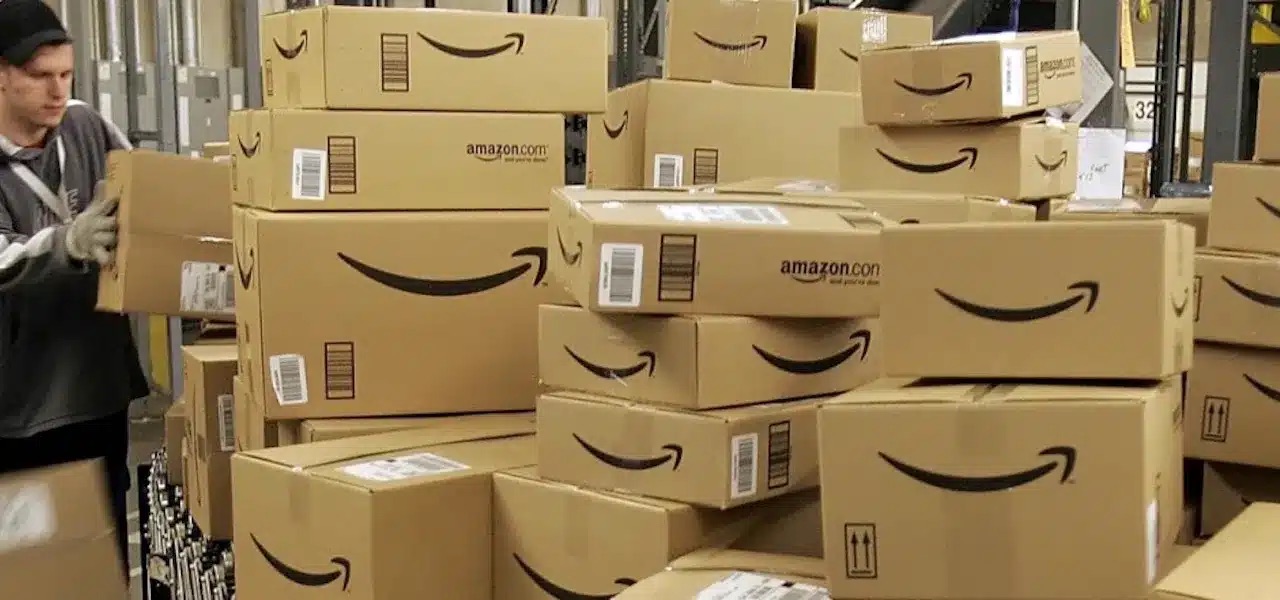
Amazon announced on Tuesday that it had considered displaying import charges on items sold through its Haul platform but decided against it after backlash. Haul, Amazon’s answer to discount retailers like Temu, offers items such as apparel and home goods priced at $20 or less, and is a separate store from Amazon’s main platform.
Amazon spokesperson Tim Doyle clarified the situation, stating that the plan to list import charges was never approved. “The team that runs our ultra low-cost Amazon Haul store considered the idea of listing import charges on certain products,” Doyle said, “This was never approved and is not going to happen.”
The potential change to Haul’s pricing was considered in response to the end of the de minimis trade exemption, which took effect after President Donald Trump’s removal of the loophole. This change would have affected how Amazon’s Haul platform displayed costs for certain products, though the tariff changes were unrelated to the 145% tariff on imports from China.
The White House reacted strongly to reports earlier in the day that Amazon would be displaying these tariff costs, calling the move a “hostile and political act.” White House press secretary Karoline Leavitt questioned why Amazon didn’t take similar actions when inflation was rising under the Biden administration.
A Tense Call Between Trump and Bezos
The report also spurred a conversation between President Trump and Amazon founder Jeff Bezos, with Trump calling Bezos directly to express displeasure over the issue. Trump described the call as amicable, stating that Bezos was “very nice” and quickly resolved the issue. Bezos has long cultivated a relationship with Trump, even attending his Mar-a-Lago club in Florida during his first term.
While Amazon walked back its plans to display import charges, the company and other retailers are still dealing with the ramifications of Trump’s new tariffs. Amazon has been in contact with its third-party sellers, discussing the impact of higher import costs on logistics and product sourcing. Many sellers have already raised prices and reduced advertising spend in response to the increased tariffs.
Discount retailers such as Temu and Shein have already increased their prices across most of their products, with Temu adding import charges as high as 150% on some items.
Author’s Opinion
While Amazon’s decision to backtrack on displaying tariff charges is a win for optics, it’s clear that the company, like many other retailers, will have to reckon with rising costs in the long run. With the tariffs affecting a wide range of products, Amazon’s next move may involve passing these costs onto consumers in other ways, whether through price increases or other adjustments.
Featured image credit: Global Corporate Logistics
Follow us for more breaking news on DMR
